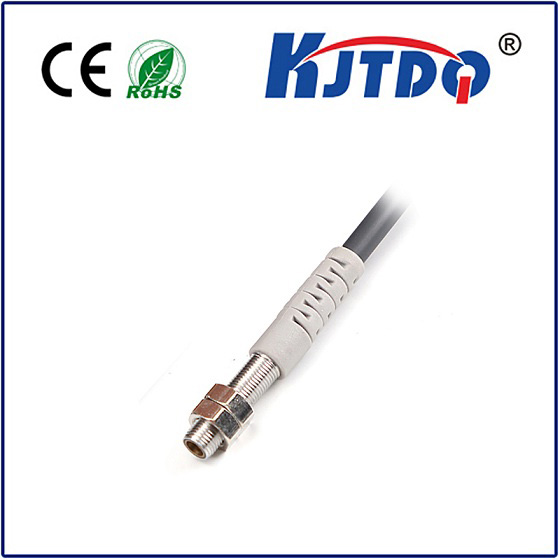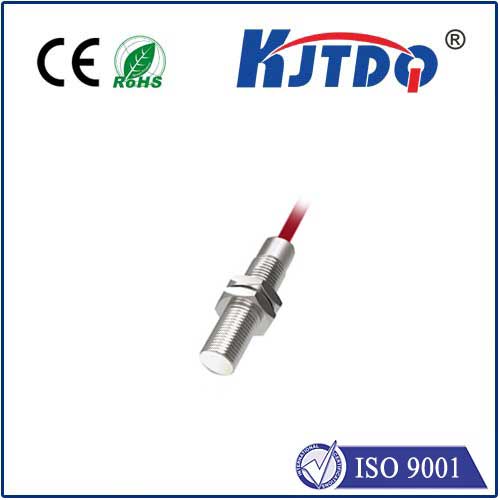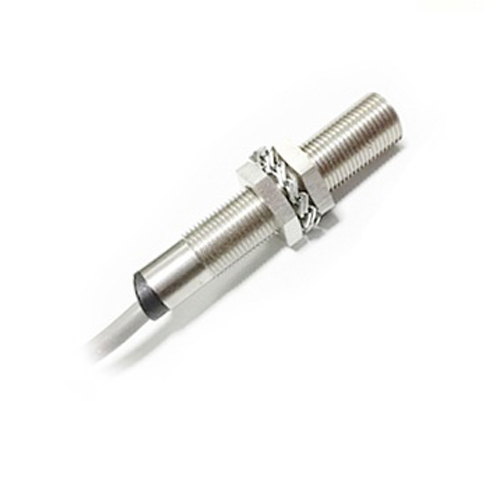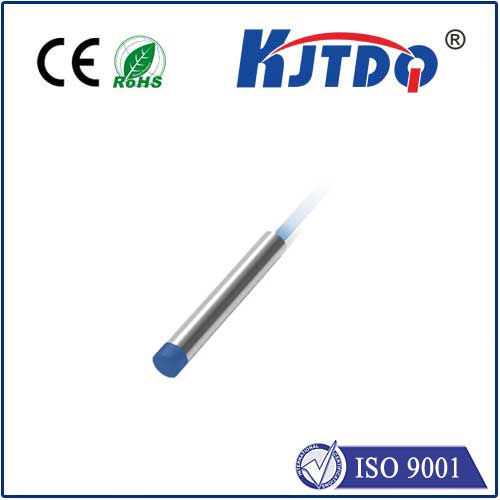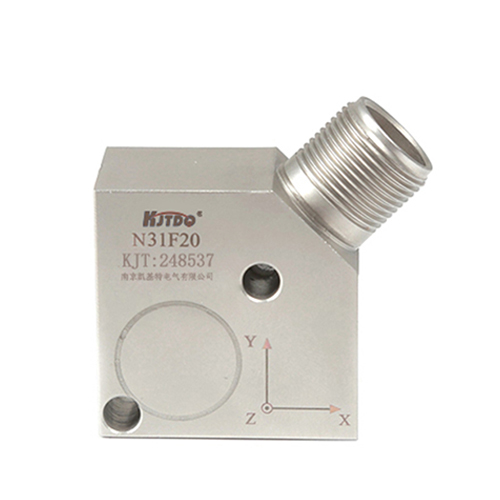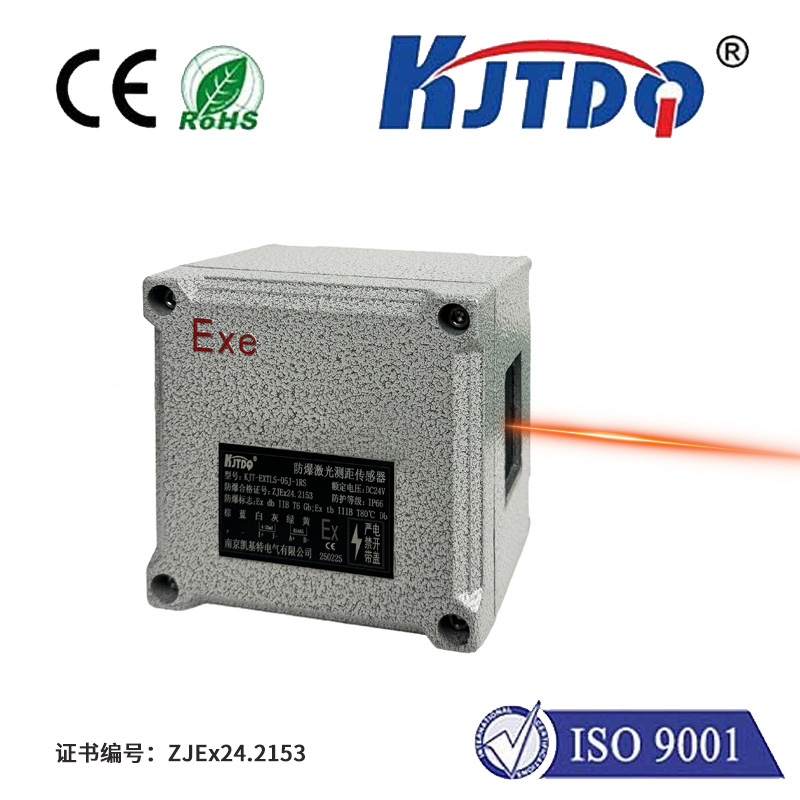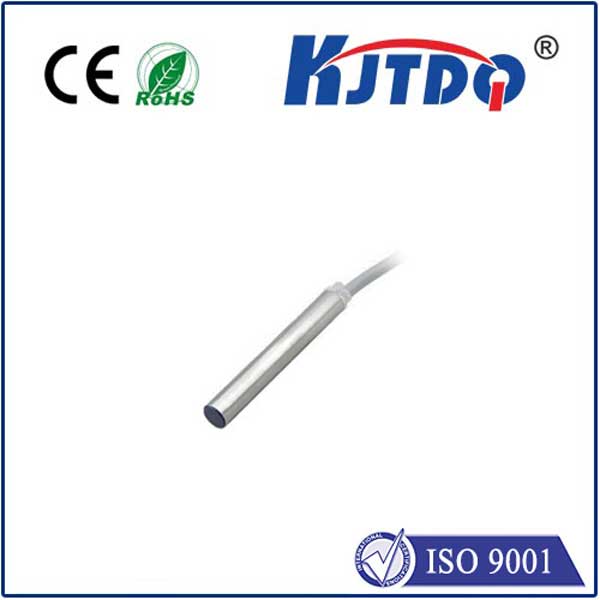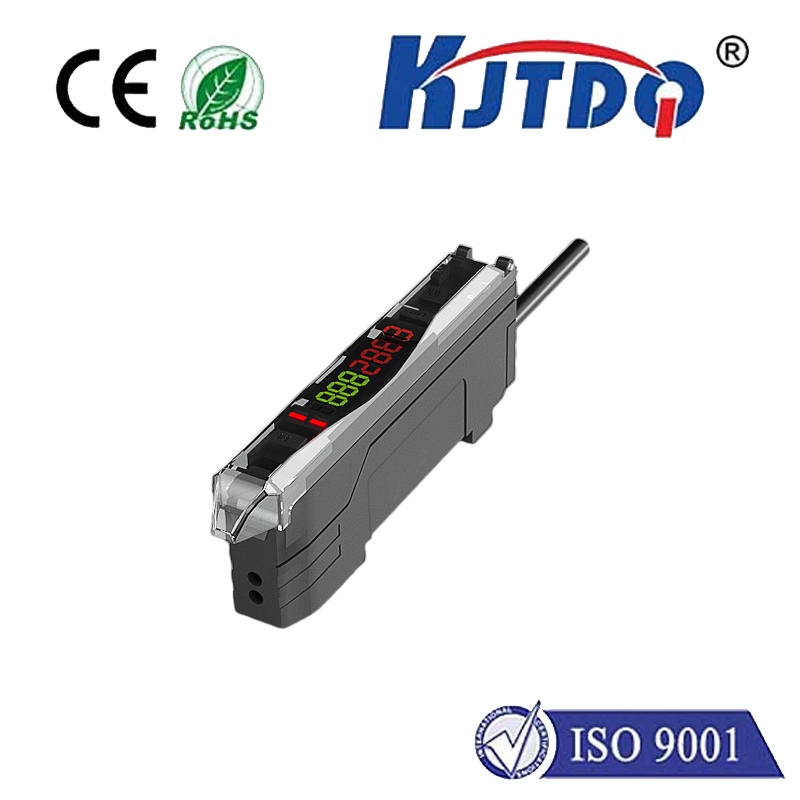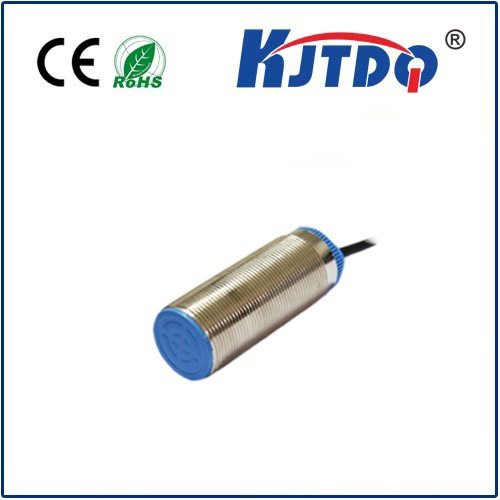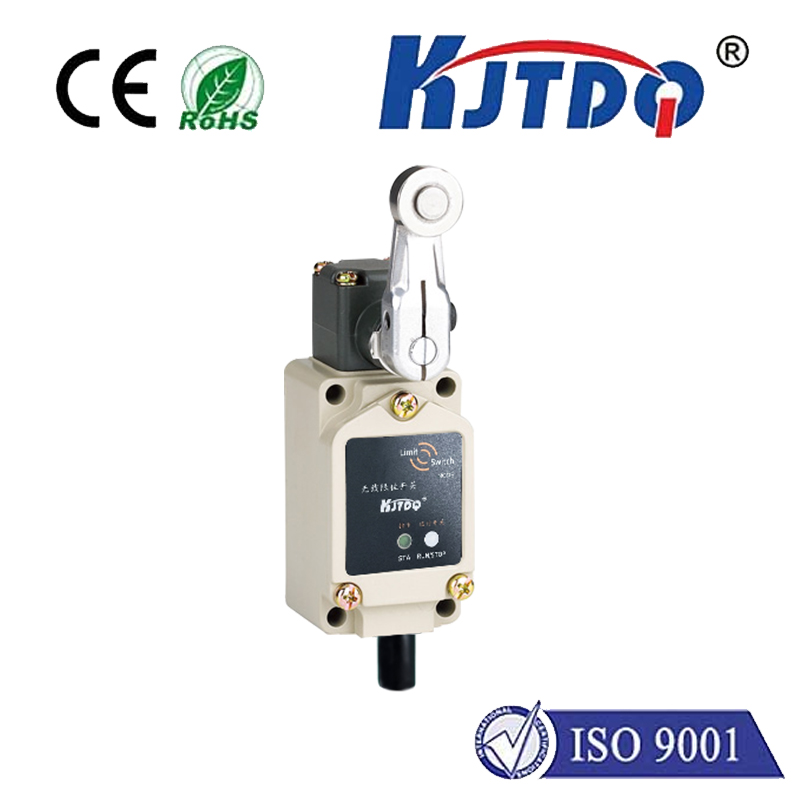

check

check

check

check

check

check

check

check

check

check
### Title: Understanding and Utilizing the JPT-131 Series Pressure Transmitters
In the realm of industrial automation, accurate measurement and control of pressure are vital for ensuring operational efficiency and safety. The JPT-131 series pressure transmitter stands out as a reliable solution in this regard, offering advanced features and capabilities that cater to various industrial applications. This article aims to provide an overview of the JPT-131 series pressure transmitters, focusing on their key characteristics, advantages, and potential applications.
#### Key Features of JPT-131 Series Pressure Transmitters
The JPT-131 series pressure transmitters utilize strain gauge sensing elements, which are renowned for providing extremely low hysteresis and high repeatability. This ensures that the measurements taken by these transmitters are not only precise but also consistent over time, making them ideal for applications where accuracy is paramount.
Another notable feature of the JPT-131 series is its compact size, which facilitates easy installation in confined spaces. This design consideration makes it particularly suitable for retrofitting into existing systems or integrating into new projects where space is at a premium.

In terms of temperature resistance, the JPT-131 series offers two working temperature ranges: 0~80°C for standard conditions and 0~180°C for more demanding environments. This versatility allows these transmitters to be used across a wide array of industries, from food processing to chemical manufacturing.
Furthermore, the JPT-131S-LJ model within the series can achieve an environmental protection rating of up to IP65 when equipped with optional components. This level of protection signifies that the transmitter is resistant to dust and water splashes, ensuring reliable operation even in harsh industrial settings.
#### Advantages and Benefits
The primary advantage of the JPT-131 series pressure transmitters lies in their exceptional measurement accuracy and reliability, attributes that are critical for any industrial process monitoring system. The use of strain gauge sensing technology minimizes errors and ensures that the data generated by these devices is both dependable and repeatable.
Their compact size is another significant benefit, as it enables easier integration into complex machinery without requiring extensive modifications. This aspect not only reduces installation costs but also shortens downtime, allowing businesses to continue operations with minimal disruption.
The wide operating temperature range further enhances the applicability of the JPT-131 series in diverse industrial environments. Whether in cold storage facilities or high-temperature chemical plants, these transmitters perform consistently, providing valuable pressure data crucial for process control and safety management.
Finally, the optional IP65 protection rating ensures that the JPT-131 series can withstand tough environmental conditions, making them a durable choice for long-term industrial use. This robustness translates into reduced maintenance needs and extended service life, contributing to overall cost savings for users.
#### Potential Applications
Given their precision, flexibility, and durability, the JPT-131 series pressure transmitters are applicable in various industries. In the food and beverage industry, they can monitor pressure levels during pasteurization and sterilization processes. In petrochemical plants, they help manage pressure in reactors and pipelines to prevent hazardous leaks and ensure safe operations.
Additionally, the JPT-131 series is suited for use in HVAC systems where accurate pressure control is essential for maintaining indoor climate quality and energy efficiency. They can also find applications in medical gas delivery systems, where precise pressure regulation is critical for patient safety and treatment efficacy.
In conclusion, the JPT-131 series pressure transmitters offer a compelling combination of accuracy, ease of installation, and adaptability to different industrial settings. Their advanced features make them a valuable asset for any organization seeking to optimize its process control systems while ensuring operational reliability and safety.
